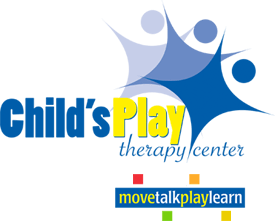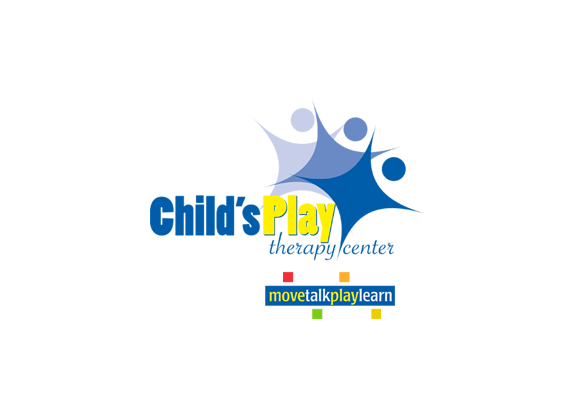Interoception is the sensory system that gives our bodies information regarding the internal condition of our body. In other words, it helps us identify our inner well being and guides us to meet our basic needs. Interoception awareness allows us to know exactly how our body is feeling and includes sensations such as hunger, thirst, pain, body temperature, alertness, heart rate and emotional regulation just to name a few. Interoceptive awareness keeps us attuned to our body’s signals and helps us register our inner experiences to regulate and meet our basic needs. Interoception is directly connected to our emotions and affects our ability to self-regulate. When this system is properly working, we are motivated to take action to meet our needs when our internal balance is off. We take a sip of water when we feel thirsty, we relieve ourselves when we need to use the restroom, if we feel hot or cold, we wear the proper attire and if we are frustrated or overwhelmed we appropriately respond to calm ourselves down. What happens when this system goes awry or when it is disregulated? A child may experience difficulties with bladder and bowel control, identifying hunger and thirst, regulating one’s emotions and difficulty responding appropriately to daily needs. Occupational therapy can address these responses by incorporating interoceptive awareness activities and interventions to give an individual more inner awareness and self-control, resulting in better participation in everyday childhood “occupations”.
For more information on Interoception, go to www.kelly-mahler.com/what-is-interoception/

Allison Goad, COTA/L



